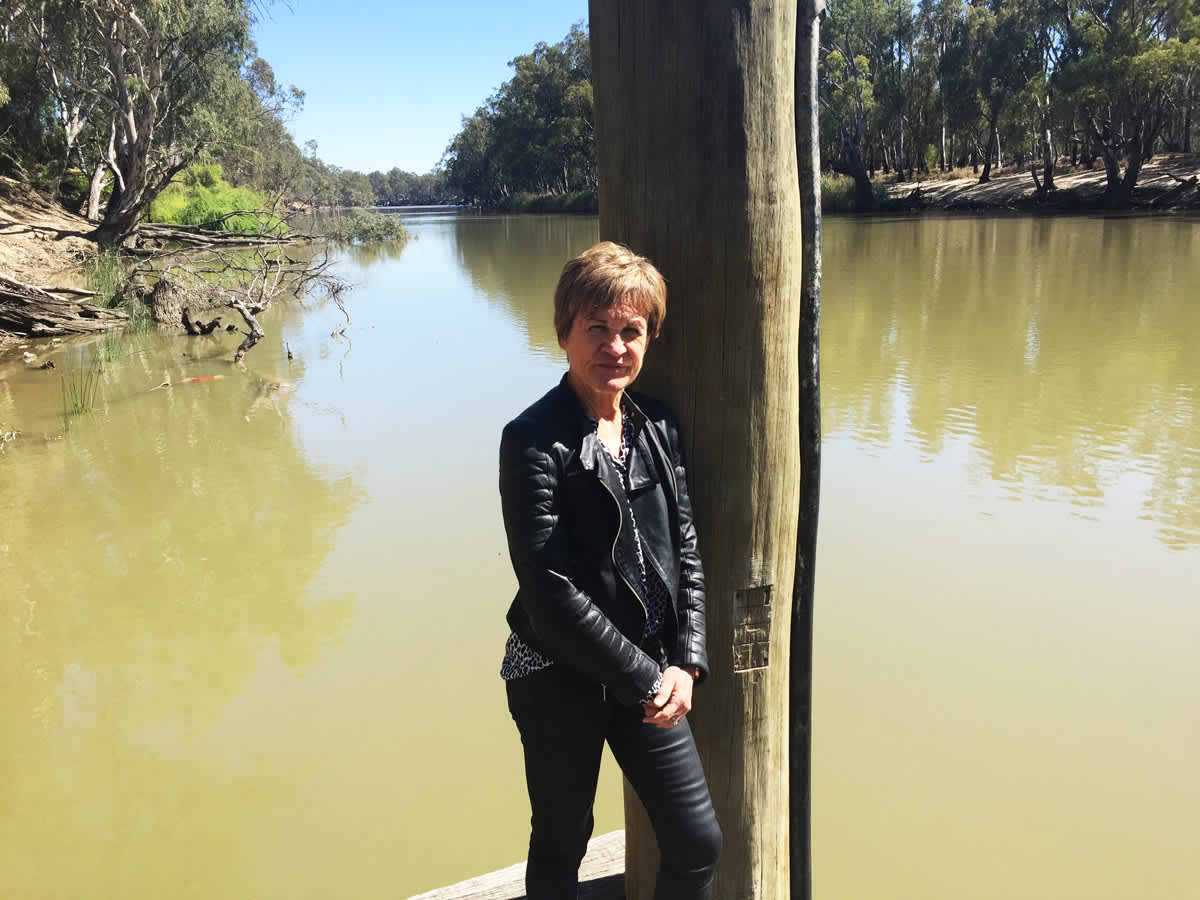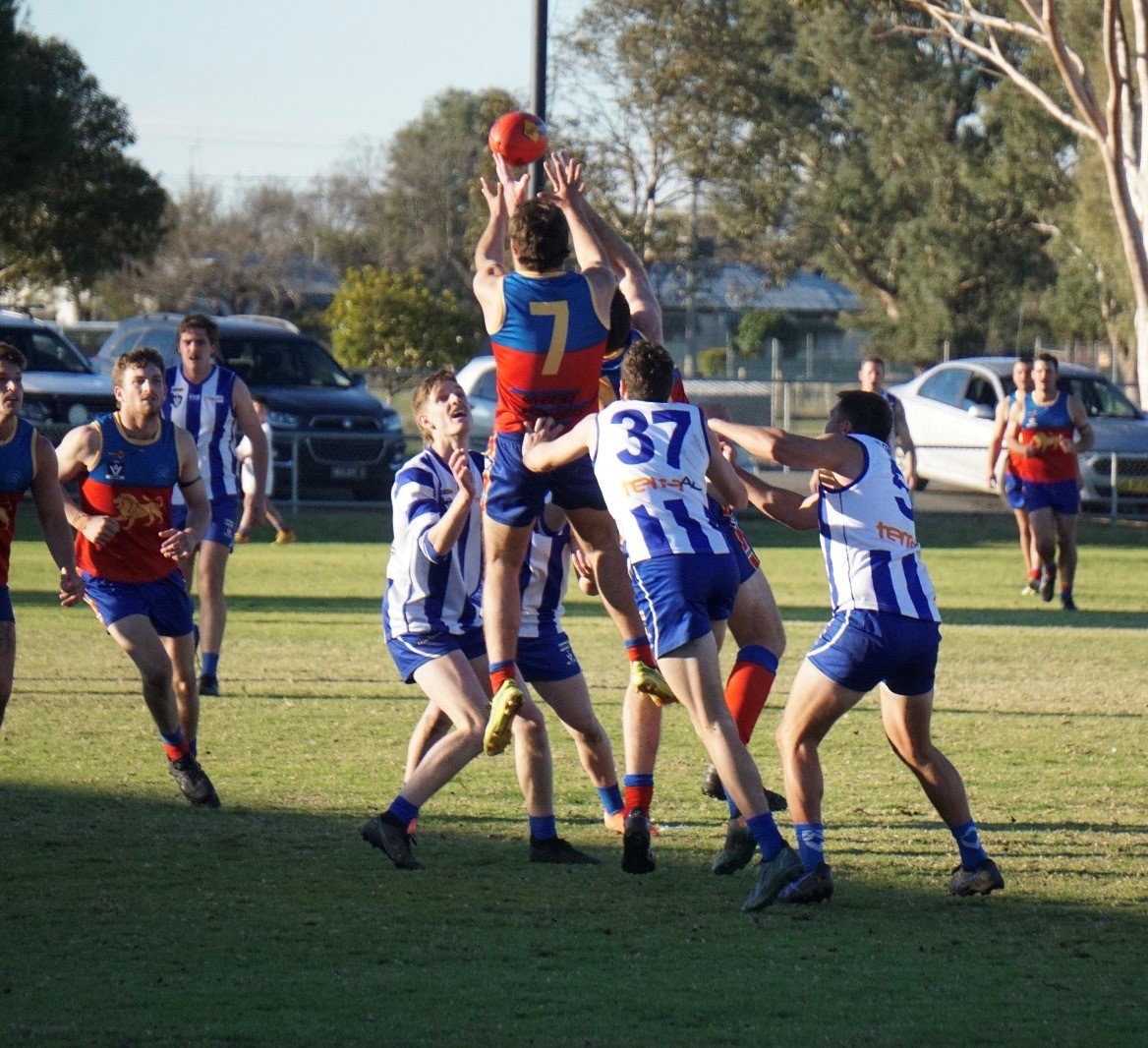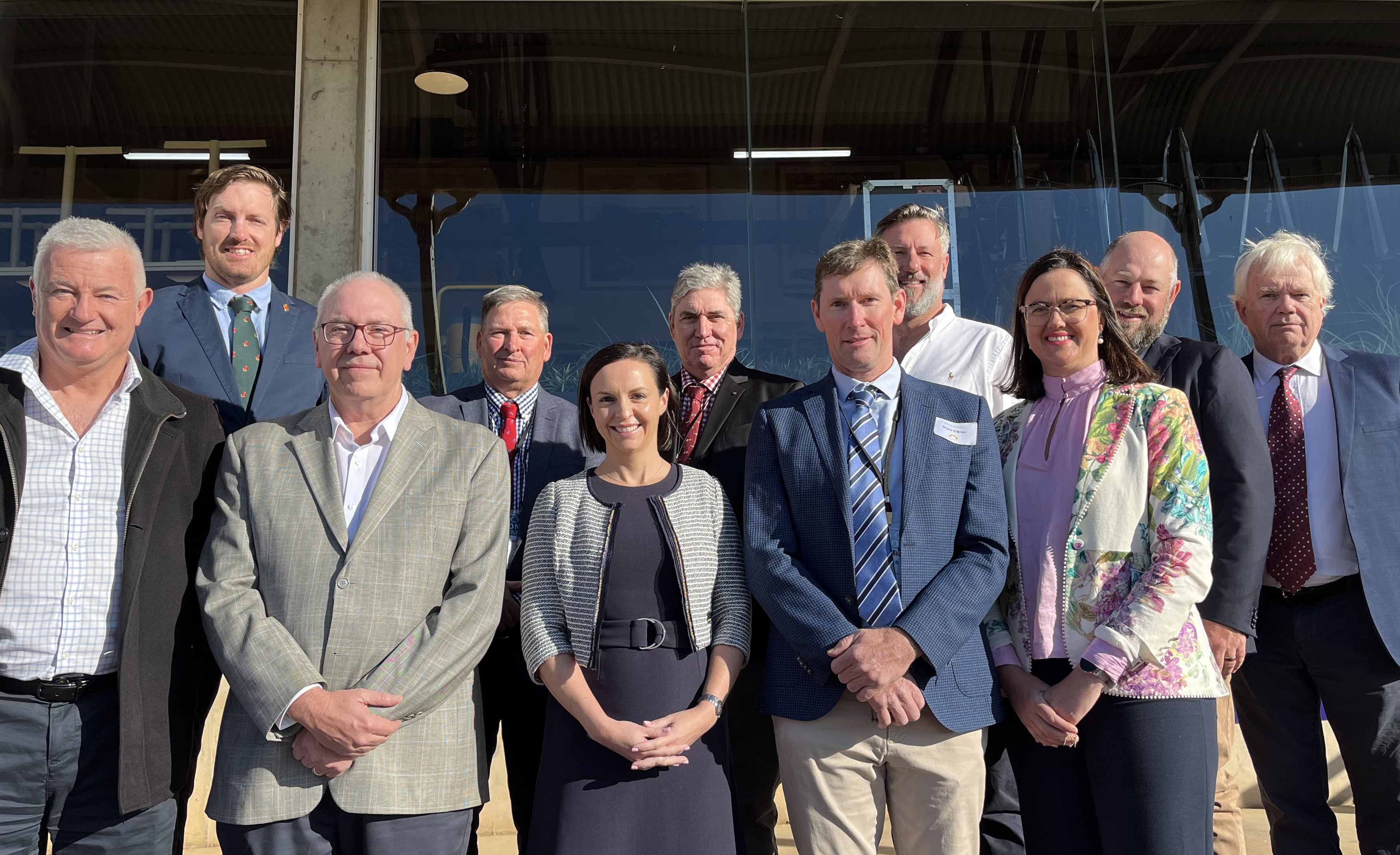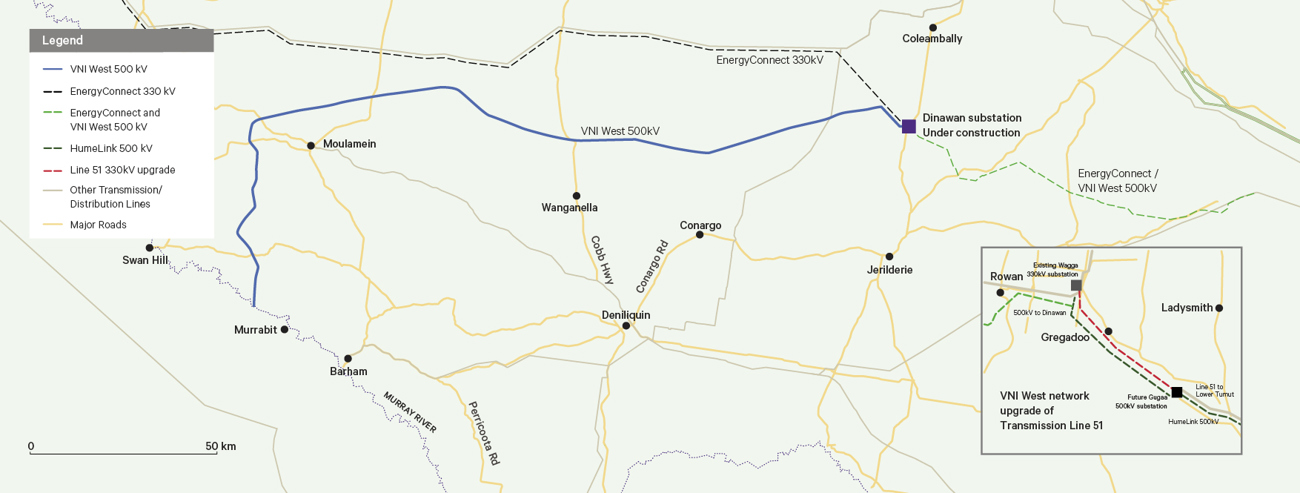Landmark court case proof MDBA is ‘Out of Control’- Helen Dalton
Kimberly Grabham
13 August 2025, 2:00 AM

Helen Dalton leads farmers in historic legal battle as major class action begins in NSW Supreme Court
A landmark class action legal battle between thousands of farmers and the Murray Darling Basin Authority (MDBA) has begun in the NSW Supreme Court, with Independent Member for Murray Helen Dalton declaring the case as proof that the MDBA is ‘out of control’.
Speaking at a press conference at Hyde Park this morning alongside farmers involved in the historic case, Ms Dalton said the legal action represents decades of frustration with the MDBA's management of Australia's most critical river system.
The class action was initially filed in 2019 by nine plaintiffs, and represents around 28,000 people across NSW and Victoria. It has taken the better part of six years for the Banton Group's class action to drag the MDBA and the Commonwealth of Australia before the courts.
“Thousands of farmers have joined forces to sue the MDBA for negligence and for wasting precious water during recent droughts,” Ms Dalton said.
“The MDBA has acted incompetently and stupidly. Farmers shouldn't have to sue the MDBA to protect our farms and rural communities.”
Ms Dalton says farmers see this trial as a chance to finally bring the MDBA to account for what she describes as decades of mismanagement of the Murray Darling Basin River system.
“This trial isn't just about compensation for farmers,” she explained. “It's also about forcing the MDBA to be cross-examined under oath about why they operate in the senseless and destructive way that they do.”
The Murray MP was particularly critical of what she sees as the MDBA's lack of transparency and accountability over the years.
“For decades the MDBA has been unaccountable. They have acted like they don't owe anyone any explanation about the poor decisions that they make,” Ms Dalton said.
“This case will force the MDBA to explain their actions, and own their failures. Finally, the previously faceless bureaucrats that have been running the MDBA, and destroying our river systems, will have nowhere to hide.”
The New South Wales Supreme Court will be the setting for a showdown between almost 28,000 Victorian and NSW irrigators, the Murray Darling Basin Authority and the Commonwealth of Australia. The case is set to run for eight weeks, representing one of the most significant legal challenges to water management policy in Australian history.
The class action, managed by the Banton Group law firm, acts on behalf of Doyle's Farm Produce Pty Ltd and the other lead Plaintiffs in New South Wales Supreme Court Proceedings No. 2019/00150651 in representative proceedings against Murray Darling Basin Authority (MDBA) and the Commonwealth of Australia.
The farmers’ case centres on allegations of negligent water management during critical drought periods.
“We would claim that we, the growers in this southern general security region, we were not delivered 750 gigalitres of water in one drought,” said one of the original plaintiffs.
The farmers involved have stated they ‘know they are being screwed’ and ‘We've tried all the right ways to highlight the cost of poor water management, but the MDBA will not listen to us.’
The class action process has seen meetings with landholders expected to increase participant numbers significantly, with the case now representing one of the largest class actions in Australian agricultural history.
The legal battle comes at a time of heightened scrutiny of water management in the Murray-Darling Basin, with farmers challenging the latest Murray-Darling Basin Plan report as ‘deliberately deceiving’.
As the Independent Member for Murray, Helen Dalton has been a vocal critic of the MDBA's operations, representing many of the communities most affected by water management decisions in the Murray-Darling system.
Her presence at today's press conference underscores the political dimensions of the case, which extends far beyond individual compensation claims to challenge fundamental aspects of how Australia's most important river system is managed.
The outcome of this eight-week trial could have far-reaching implications for water policy in Australia. Beyond potential financial compensation for affected farmers, the case represents an opportunity to scrutinise the MDBA's decision-making processes and operational methods in unprecedented detail.
For Ms Dalton and the thousands of farmers involved, the case represents a final avenue to hold the MDBA accountable after what they describe as years of failed attempts to engage constructively with the authority.
“The MDBA will not listen to us,” has been a recurring theme from the farming community, making this legal challenge their last resort in seeking both justice and reform.
The trial, which began today in the NSW Supreme Court, will continue over the next eight weeks as both sides present their cases in what promises to be one of the most closely watched water law cases in Australian history.
The NSW Supreme Court proceedings are expected to continue for eight weeks, with the case being closely monitored by water policy experts, agricultural communities, and government agencies across Australia.
NEWS
SPORT
RURAL







